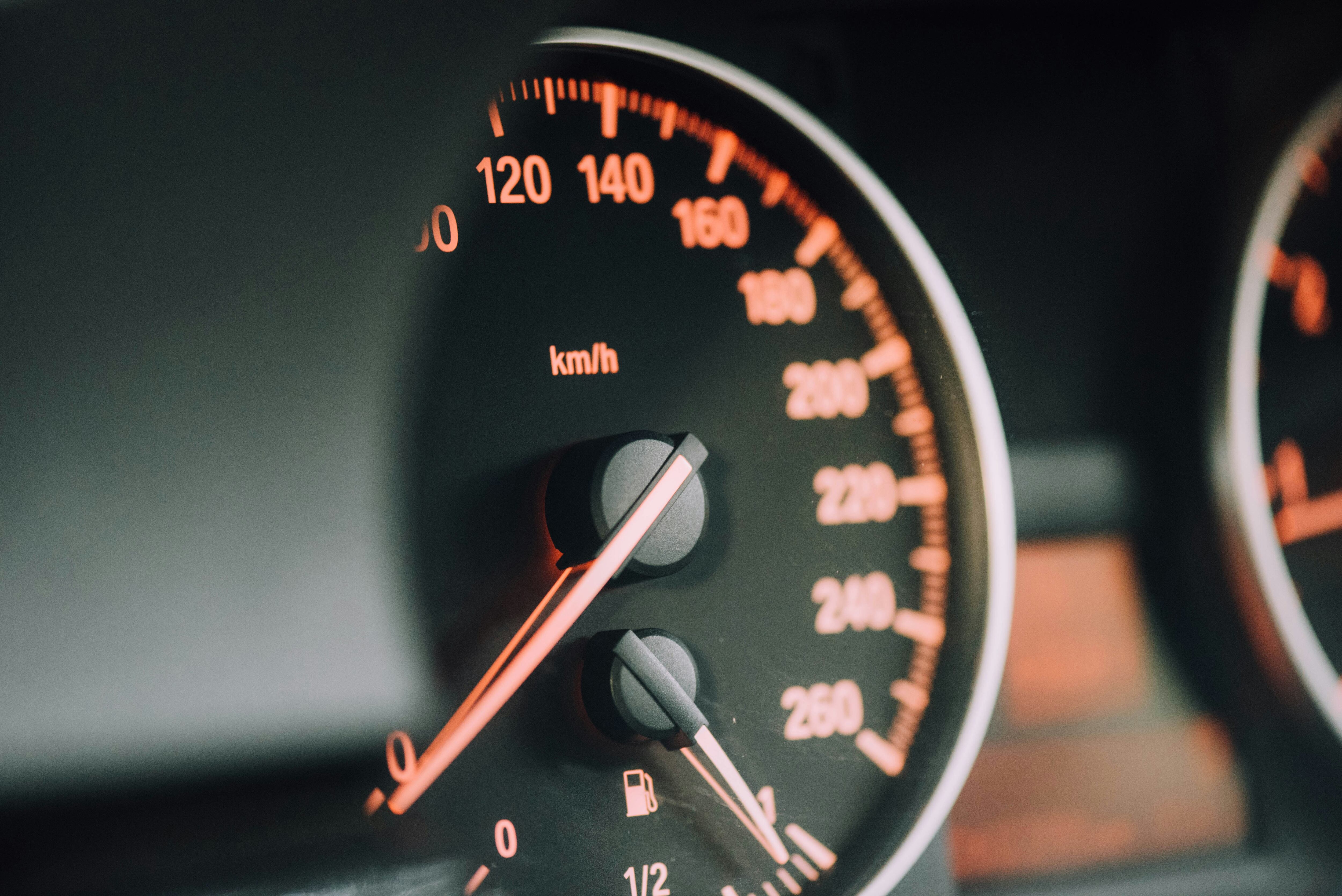BEIJING (AP) — A driverless ride-hailing car in China hit a pedestrian, and people on social media are taking the carmaker’s side, because the person was reportedly crossing against the light.
The operator of the vehicle, Chinese tech giant Baidu, said in a statement to Chinese media that the car began moving when the light turned green and had minor contact with the pedestrian. The person was taken to a hospital where an examination found no obvious external injuries, Baidu said.
The incident on Sunday in the city of Wuhan highlights the challenge that autonomous driving faces in complex situations, the Chinese financial news outlet Yicai said. It quoted an expert saying the technology may have limitations when dealing with unconventional behavior such as other vehicles or pedestrians that violate traffic laws.
Images posted online show a person sitting on the street in front of the driverless car with its rooftop sensors. Comments on social media largely supported Baidu, pointing out that the pedestrian had broken the law, the English-language Shanghai Daily newspaper said in a post on X.
Beijing-based search-engine and artificial intelligence company Baidu is a leader in the development of autonomous driving in China. Its largest “robotaxi” operation, with a fleet of 300 cars, is in Wuhan, a major city in central China that had the world's first major outbreak of COVID-19 in early 2020.
Apollo Go, as the ride-hailing service is called, also operates in more limited parts of three other Chinese cities — Beijing, Shenzhen and Chongqing. The company launched the sixth-generation of its driverless taxi in May, saying it had brought the unit cost down by more than half to under $30,000.









